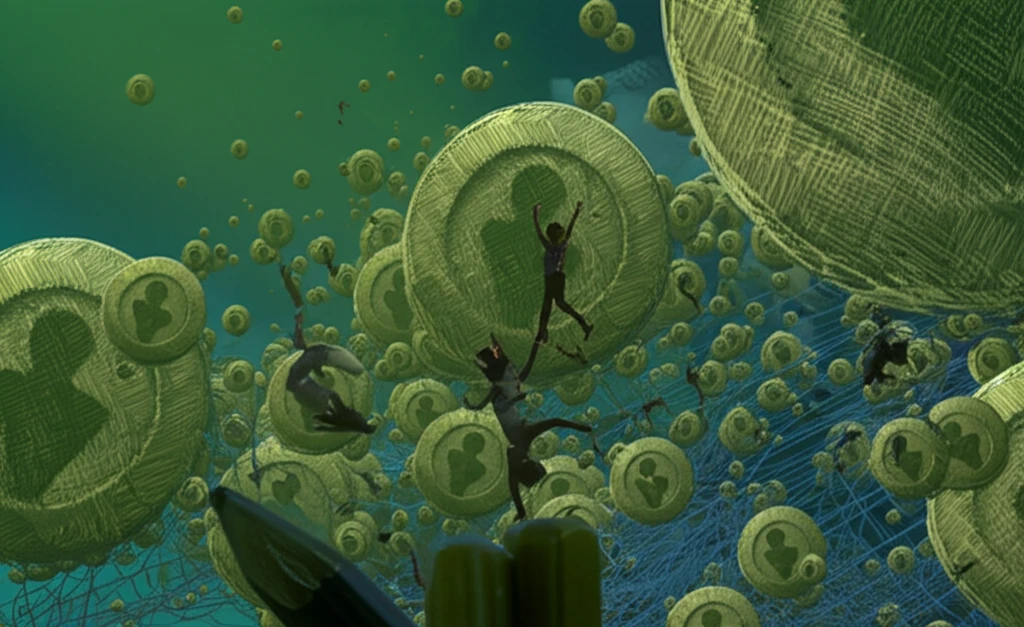
Is Social Insurance the Safety Net We All Need? Unpacking Personal Identity & Economic Security
"Explore how social insurance, tied to our personal identity, offers more than just financial aid—it's about preserving who we are in the face of life's uncertainties."
Social insurance is a cornerstone of modern welfare states, designed to cushion the financial blow of unemployment, sickness, and other life disruptions. But beyond the economic benefits, it touches something deeper: our sense of self. This article delves into the compelling argument that social insurance isn't just about economics—it's intricately linked to our personal identity.
Imagine facing job loss or a sudden illness. The immediate worry might be paying bills, but the long-term impact can erode your sense of purpose, your place in society, and even how you see yourself. Social insurance, in its ideal form, acts as a bulwark against this erosion, helping you maintain your footing during turbulent times.
We'll explore how our identities are shaped by our social roles, our living standards, and the ability to pursue our goals. We'll unpack the concept of a 'thick' identity, where our values and commitments are just as important as our material circumstances. And we'll consider whether compulsory social insurance is truly a necessary safeguard, or an overreach that stifles individual freedom.
Why Does Protecting Living Standards Matter So Much for Our Identity?

Our social standing, our homes, and our daily routines all contribute to our sense of who we are. A steady income allows us to maintain these facets of our lives, reinforcing our social identity and allowing us to participate fully in our communities. As economist Lars Osberg puts it, 'For many individuals, the sense of identity they have in society is hard to separate from observable manifestations of identity through consumption.'
- Social Connections: Maintaining relationships requires participation and reciprocity. Economic hardship can strain these bonds.
- Ambitions & Projects: Pursuing hobbies, passions, and personal growth often requires financial stability.
- Family Stability: Financial stress can lead to conflict within families, and in extreme cases, even breakups.
- Housing Security: Losing your home can be a deeply personal blow, affecting your sense of belonging and self-worth.
The Broader Implications: Is Compulsory Social Insurance the Right Approach?
The argument from identity offers a powerful case for social insurance, emphasizing its role in protecting not just our wallets, but our very sense of self. By supporting one another through life's inevitable challenges, we create a society where individuals have a greater opportunity to thrive and express their unique potential. The ongoing debate over the welfare state is complex, but it needs to be clear: our shared economic security is a collective responsibility
